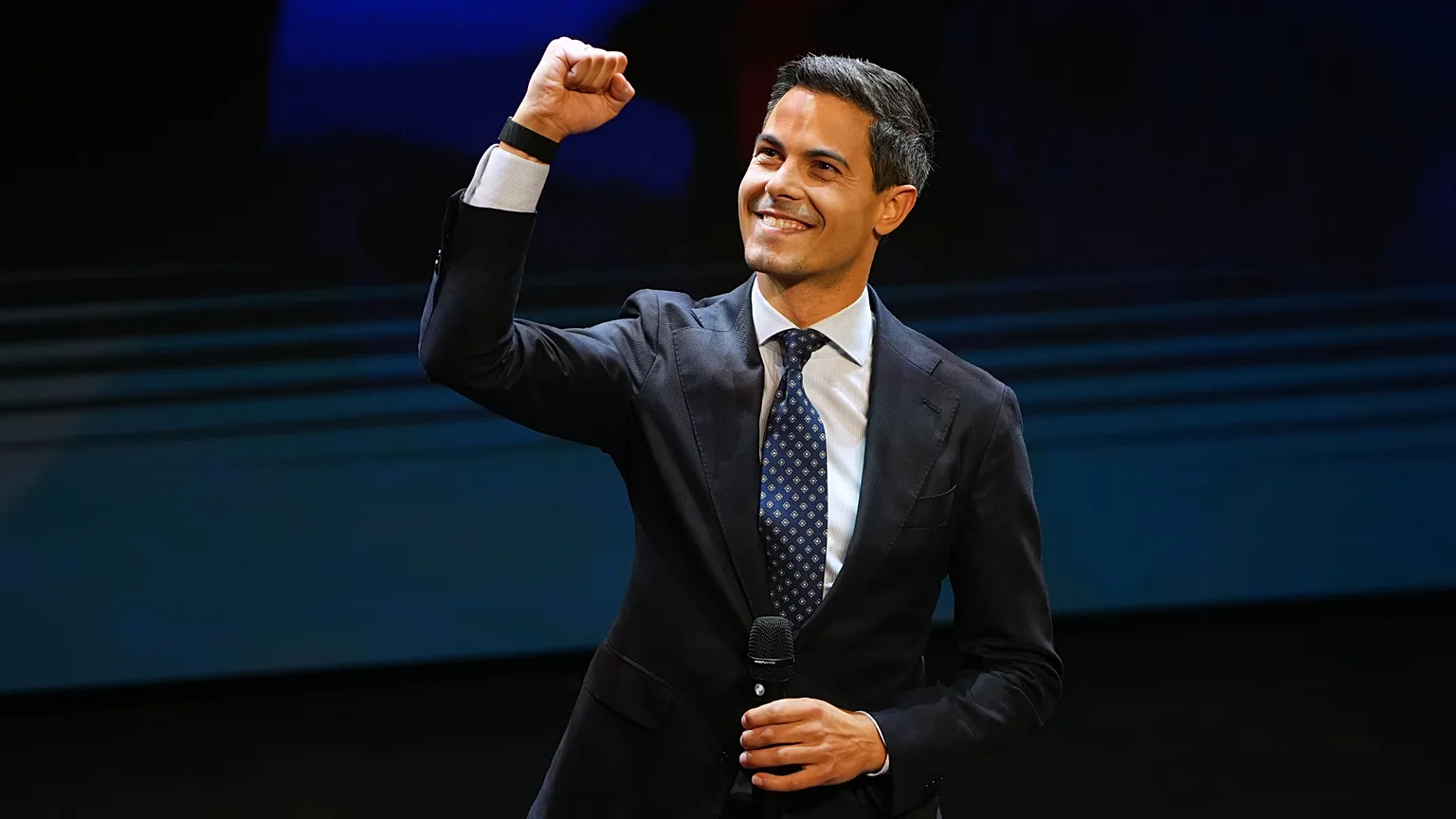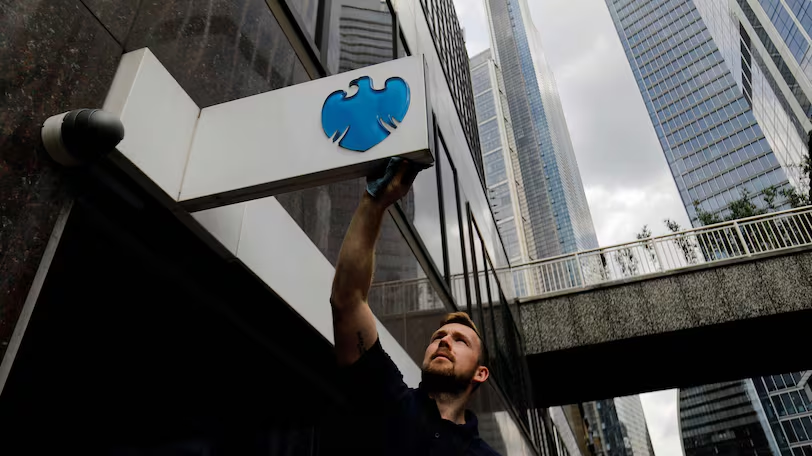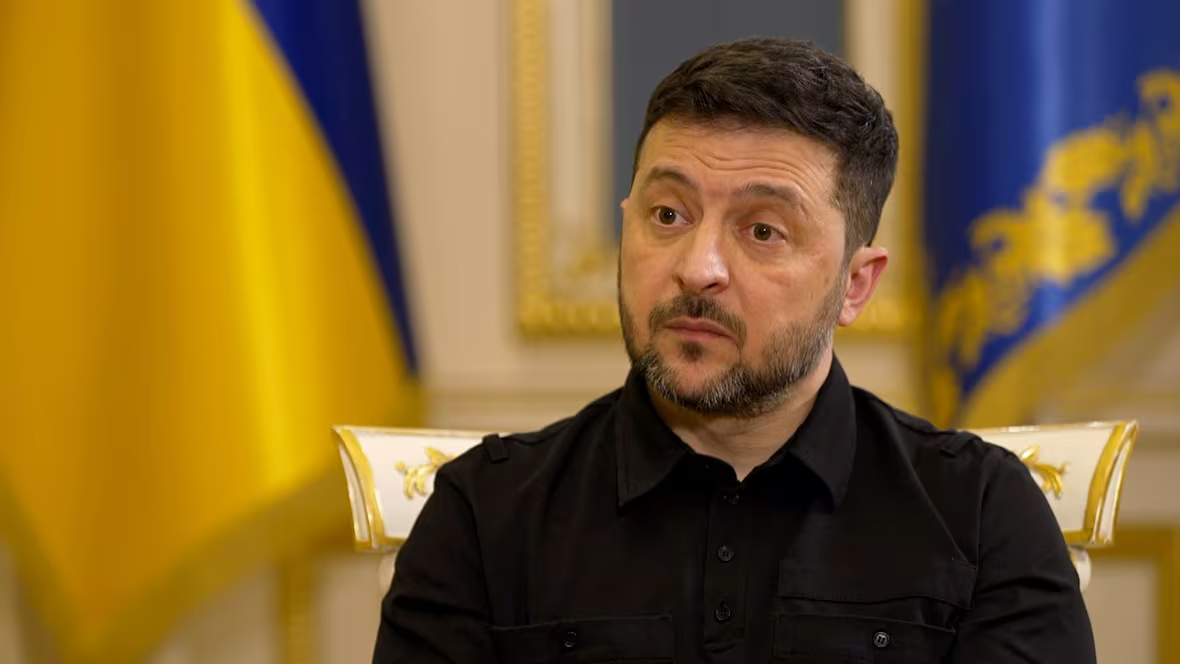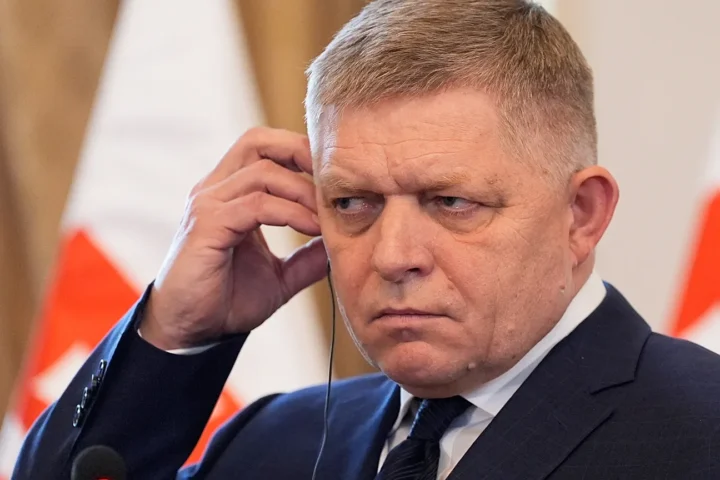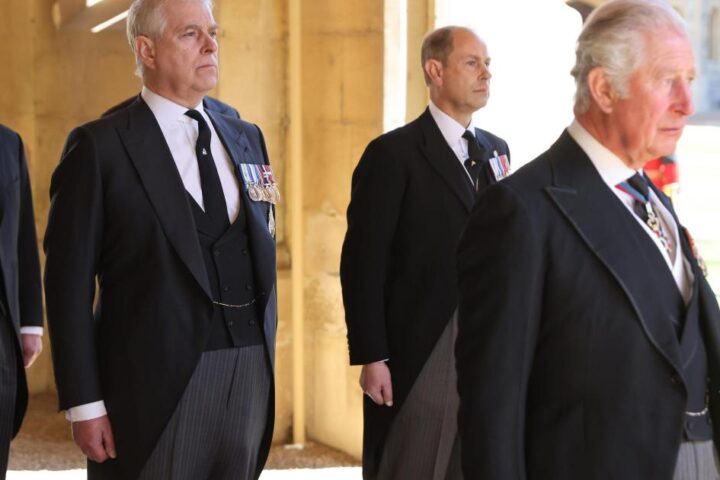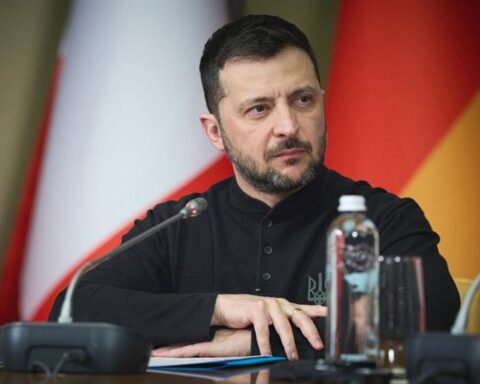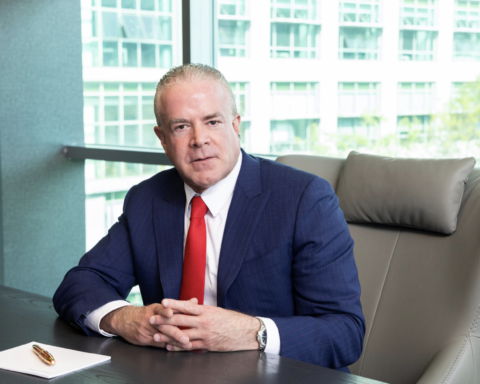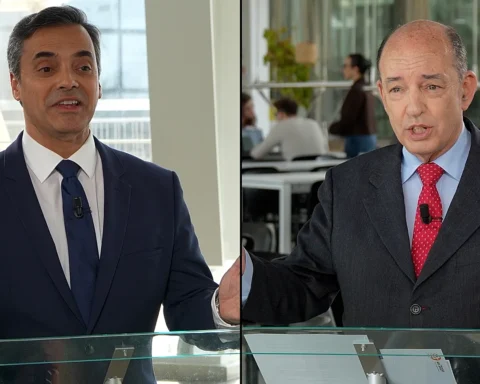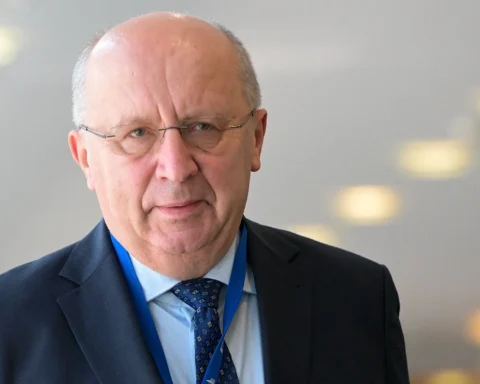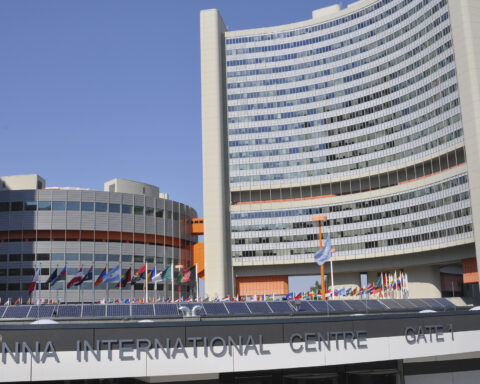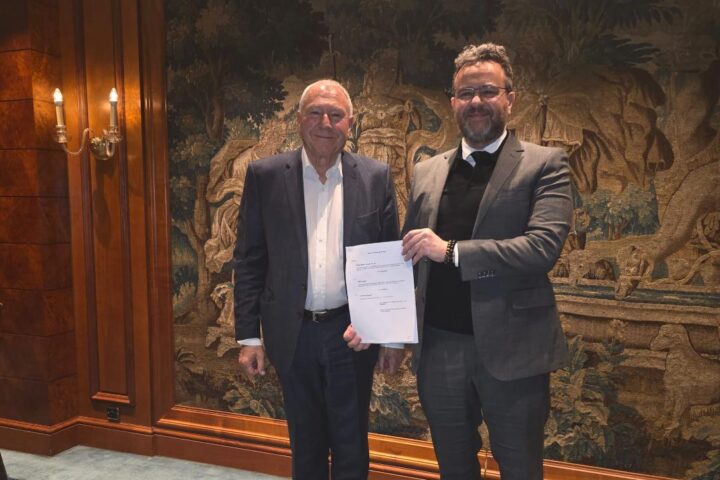As the Netherlands stands at the threshold of political renewal following Mark Rutte’s long tenure, a new figure has captured the country’s attention — Rob Jetten, leader of the liberal centrist party Democrats 66 (D66) and one of the youngest contenders ever for the Dutch premiership. Dynamic, pragmatic, and deeply European, Jetten represents a generational shift in Dutch politics, bringing a blend of idealism and managerial focus that could define the nation’s next chapter.
So, who exactly is Rob Jetten — and what would a Netherlands under his leadership look like?
Early Life: From Nijmegen Roots to Political Ambition
Rob Arnoldus Adrianus Jetten was born on March 25, 1987, in Nijmegen, one of the oldest cities in the Netherlands. Raised in a middle-class family, Jetten’s upbringing was grounded in Dutch civic values — community, education, and a belief in public service.
He studied Public Administration at Radboud University Nijmegen, where his interest in governance and social policy began to take shape. During his university years, he joined the youth wing of Democrats 66, known as Young Democrats (JD), setting the stage for his rapid political ascent.
Jetten has often described his early political awakening as rooted in a “belief in progress through dialogue” — a reflection of the D66 ethos that prizes rational policymaking, compromise, and innovation.
Political Rise: From Young MP to Party Leader
Jetten entered national politics in 2017, when he was elected as a Member of Parliament (MP) for D66. His articulate speech, tireless work ethic, and approachable demeanor quickly drew notice from both colleagues and the public.
In 2018, at just 31 years old, Jetten became the parliamentary leader of D66, succeeding Alexander Pechtold. The appointment marked a generational shift within the party, signaling a move toward fresher, more dynamic leadership.
At the time, critics dismissed him as inexperienced. But Jetten used that perception to his advantage, positioning himself as a bridge between the political establishment and younger, reform-minded voters. His leadership style — calm, consensus-driven, and data-oriented — contrasted sharply with the fiery populism gaining ground elsewhere in Europe.
The ‘Klimaatdrammer’: From Insult to Identity
In 2019, Jetten gained national attention when he was mockingly labeled a “Klimaatdrammer” — Dutch for “climate nagger” — by critics who viewed his push for aggressive environmental reforms as overzealous.
Rather than shy away from the label, Jetten embraced it. He famously remarked that “if wanting a livable planet for the next generation makes me a climate nagger, I’ll wear that title proudly.”
This moment became a turning point in his public image. It transformed him from a rising politician into a symbol of the Netherlands’ green transition, reinforcing his commitment to renewable energy, emissions reduction, and sustainable economic growth.
Minister for Climate and Energy: Delivering on Ambition
When the fourth Mark Rutte cabinet was formed in 2022, Jetten was appointed Minister for Climate and Energy — one of the most high-profile and challenging portfolios in the Dutch government.
Under his leadership, the ministry launched several major initiatives, including:
- The Dutch Climate Agreement, aimed at cutting greenhouse gas emissions by 55% by 2030.
- A significant expansion of offshore wind energy, positioning the Netherlands as one of Europe’s green energy leaders.
- New incentives for electric vehicles, sustainable housing, and hydrogen technology.
- Measures to support businesses transitioning to low-carbon operations.
Jetten’s approach balanced environmental urgency with economic realism, ensuring that climate goals complemented — rather than conflicted with — national competitiveness.
Critics, however, have questioned the cost of his policies amid rising energy prices. Supporters counter that his initiatives are not just environmental but strategic investments in the Netherlands’ future prosperity.
A Modern Liberal Visionary
Ideologically, Jetten embodies what many describe as “modern Dutch liberalism” — progressive on social values but pragmatic on economics and governance.
He advocates for:
- A strong European Union, viewing European integration as vital to Dutch security and influence.
- Inclusive growth, where education, innovation, and sustainability drive long-term success.
- Social equality, particularly LGBTQ+ rights, minority representation, and digital freedom.
Jetten has consistently framed politics as a force for “cooperation over confrontation,” a stance that resonates with many voters weary of populist division.
Personal Life and Symbolism
Jetten is openly gay, making him one of the few national-level politicians in Europe to serve openly while holding a ministerial position. Though he rarely centers his sexuality in political discourse, his visibility has been significant for representation in Dutch and European politics.
He has said in interviews that while he doesn’t “want to be defined by being gay,” he recognizes the importance of visibility and inclusion in leadership:
“It’s important for people to see that anyone — regardless of background or identity — can serve their country at the highest level.”
Known for his disciplined fitness routine and marathon running, Jetten often presents himself as energetic and focused — a reflection of his approach to both politics and personal life.
D66 Leadership and the Post-Rutte Era
In 2023, after the resignation of Sigrid Kaag as D66 leader, Jetten formally took over as party leader, solidifying his role as one of the Netherlands’ key political figures.
Now, with Mark Rutte stepping aside after over a decade as prime minister, Jetten is widely viewed as a leading contender to form or lead the next Dutch government.
His leadership campaign emphasizes:
- Restoring trust in politics after years of coalition fatigue.
- Economic modernization, including digital innovation and technology investment.
- Sustainable growth, aligning Dutch industry with global climate goals.
If successful, Jetten could become the youngest prime minister in modern Dutch history — and a symbol of generational renewal.
Challenges Ahead
Despite his popularity among centrists and progressives, Jetten faces formidable challenges:
- The rise of right-wing populist movements, including those skeptical of the EU and climate policies.
- A fragmented parliament, where building a coalition will require delicate negotiation.
- The economic pressure of transitioning to a green economy without burdening citizens.
His success will depend on whether he can translate his policy expertise and communication skills into broad-based public trust.
Conclusion: A New Chapter for the Netherlands
Rob Jetten represents more than a political transition — he symbolizes a generational and ideological shift in Dutch governance. His mix of environmental commitment, European optimism, and pragmatic leadership could reshape how the Netherlands approaches global challenges.
Whether he becomes the next prime minister or not, Jetten has already established himself as one of the defining figures of a new Dutch era — a leader ready to connect progress with practicality, and idealism with action.
